I'm a software engineer
with a ♥ for Java & web
Yep, that's me...
slow dancing with a laptop
In 100 words
My passion lies in software development, because it is the place where logical thinking and creativity meet each other, stilling my endless appetite to make things better.
Thriving in motivated teams, I keep an eye out to seek out opportunities to mentor and guide coworkers and help everyone reach their full potential, in every aspect.
I always try to push my limits by getting involved in all kinds of projects, as well professionally as in my spare time. While I focus on the latest advancements within the Java world, you'll also find me tinkering with machine learning, design, cloud, ...
Projects
Vind een werknemer en vacature
2023-now, lead developer at VDABVDAB, which stands for "Flemish Service for Employment and Vocational Training," is a government organization in Belgium that primarily focuses on the labor market in Flanders.
I lead the PONOS team, which is responsible for services for employers. We assist them in finding and matching the best candidates for the job.
While this might not sound particularly glamorous, it has been quite a rollercoaster ride. We're navigating a mix of both outdated and cutting-edge technologies, all while managing a team of up to 20 people to meet extremely tight deadlines.
Inzicht and CEBUD
2021, Presales at Thomas MorePresales investigation into the necessary steps to make an existing older applications deployable in the cloud, and maintainable by a third party.
Over several days, I conducted an in-depth investigation into the state of the applications and what modifications are necessary to achieve the set objectives. I documented this in a comprehensive report.
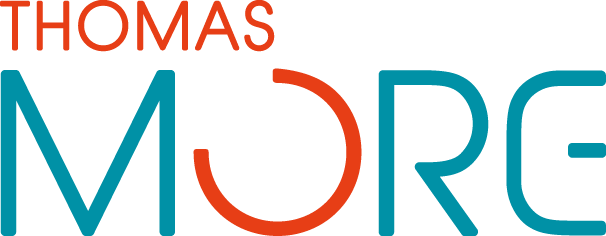
Woonzorgcentra, mobiliteitshulpmiddelen and gespecialiseerde zorg
2019 - 2023, Lead & senior developer at SmalsA portal designed for handling all reimbursements related to admissions in hospitals, elderly care, mobility aids and revalidations. Acquired data is validated using a rule engine to subsequently calculate the reimbursement amount.
The challenge lies in the enormous amount of data that need to be processed in a timely and reliable fashion. This is where a microservice-based architecture comes in place, using CQRS with event sourcing and domain driven design. We also treat medical information, which needs to be stored in a GDPR-compliant and secured way.
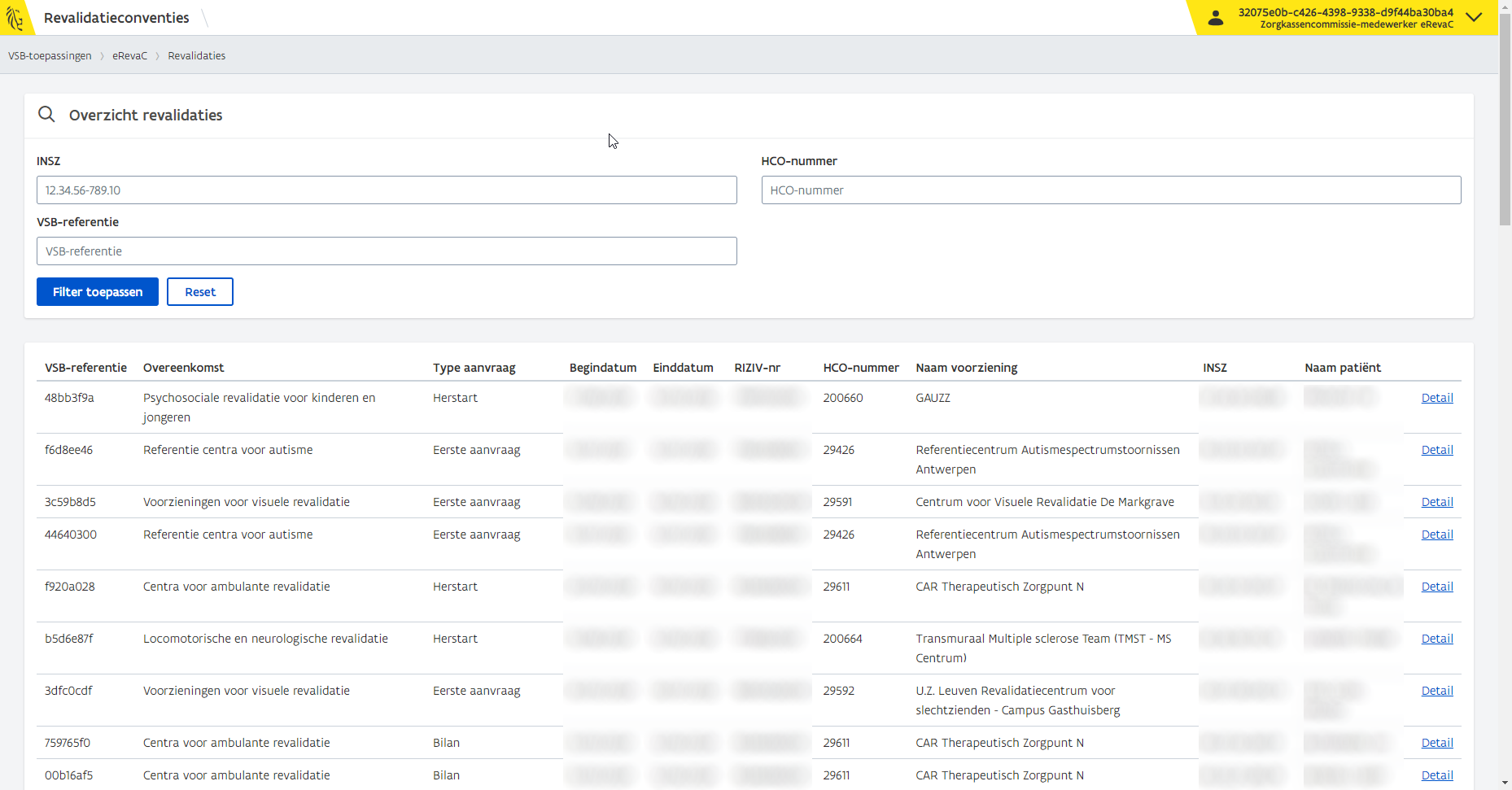
UnionVMS
2016 - 2019, lead developer at Flemish government Agriculture & FisheriesThe European fishery business is going through a big transition. The European Union demands more communication between the member states, in a unified way.
Our team contributed as Belgium to several open-source microservices in order to exchange and inspect info about fishery sales. An amazing project which involved international collaboration and reverse-engineering communication with sattelites.

Price & Promotion
2016, lead developer, coach, innovator at ColruytIn 2016, Colruyt was making a big switch, from mainframe-based applications to Java EE web applications.
During my time at Colruyt, I've had a very broad role. I've spent my time on:
- projects
- coaching, by pair-programming, writing tutorials and giving presentations
- bringing the right people together, to introduce improvements in their tooling
- researching what their current tools can do, and where they are limited

B-ERRU
2015 - 2016, lead developer, coach at FPS Mobility and TransportThe European Union has developed the European Register of Road Transport Undertaking. The purpose is for every member state to exchange information about professional transportation.
FOD Mobility Transport is responsible for the Belgian implementation, called B-ERRU. This was implemented in Cool-Gen technology. We got the assignment to migrate this to a Java + Angular JS project.
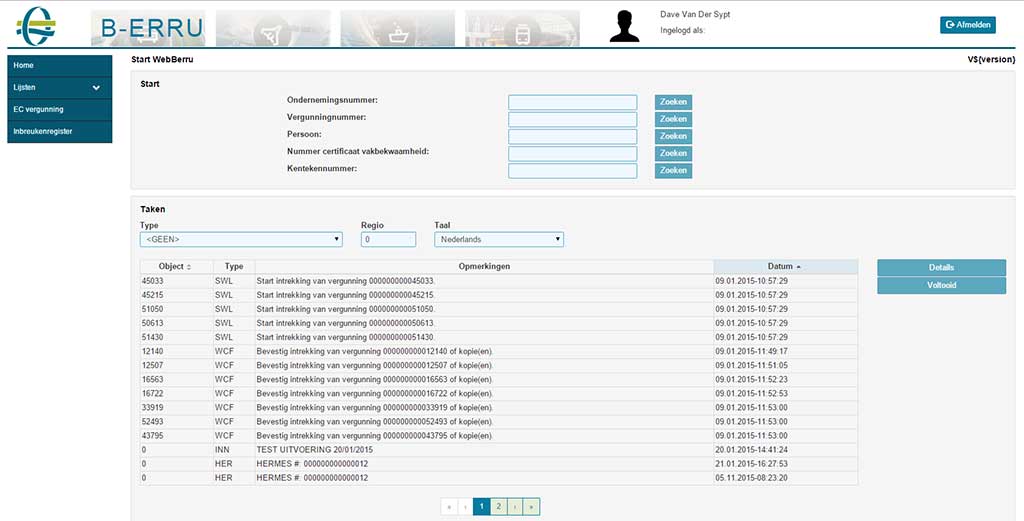
Eva and Lise get married!
2015, developerFriends of a colleague, Eva and Lise, were getting married! They didn't want any wedding presents. But, you know how it goes: no-one will likes to come empty handed, so everyone would still buy a present. So, let's think out of the box...
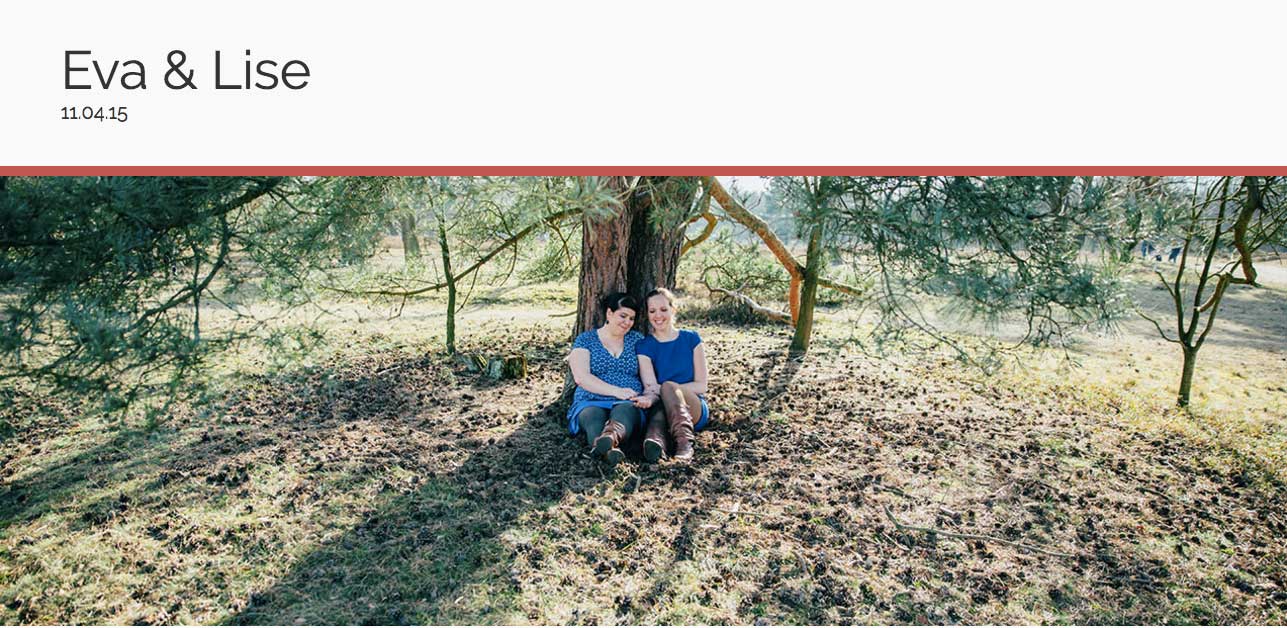
Contributions
2014 - 2015, developer at SmalsIn 2011, France had a big problem with leaking breast implants.
In order to avoid the same issue in Belgium, we have built several applications for tracking these implants. To subsidize these applications, the Belgian government decided to tax companies who work in the world of medical implanted devices.
Contributions is the application which calculates and invoices taxes. Even more: we make it possible for the business to adapt the business rules and -flow themselves!
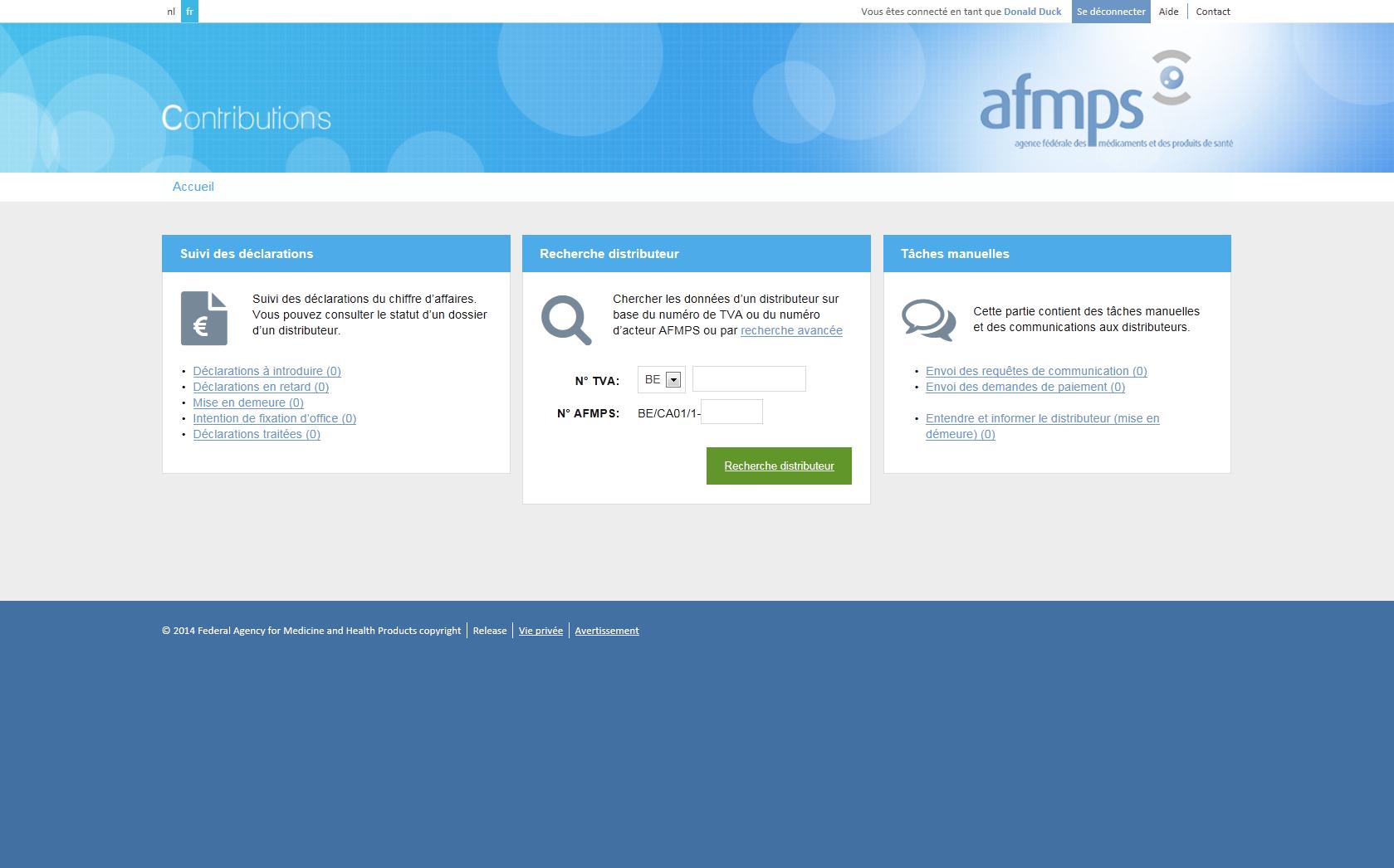
SADN
2014, developer at SmalsIn 2011, France had a big problem with leaking breast implants.
In order to avoid the same issue in Belgium, we were asked to build a web application which registers, checks and does a follow-up of everything that has to do something with medical implanted devices.
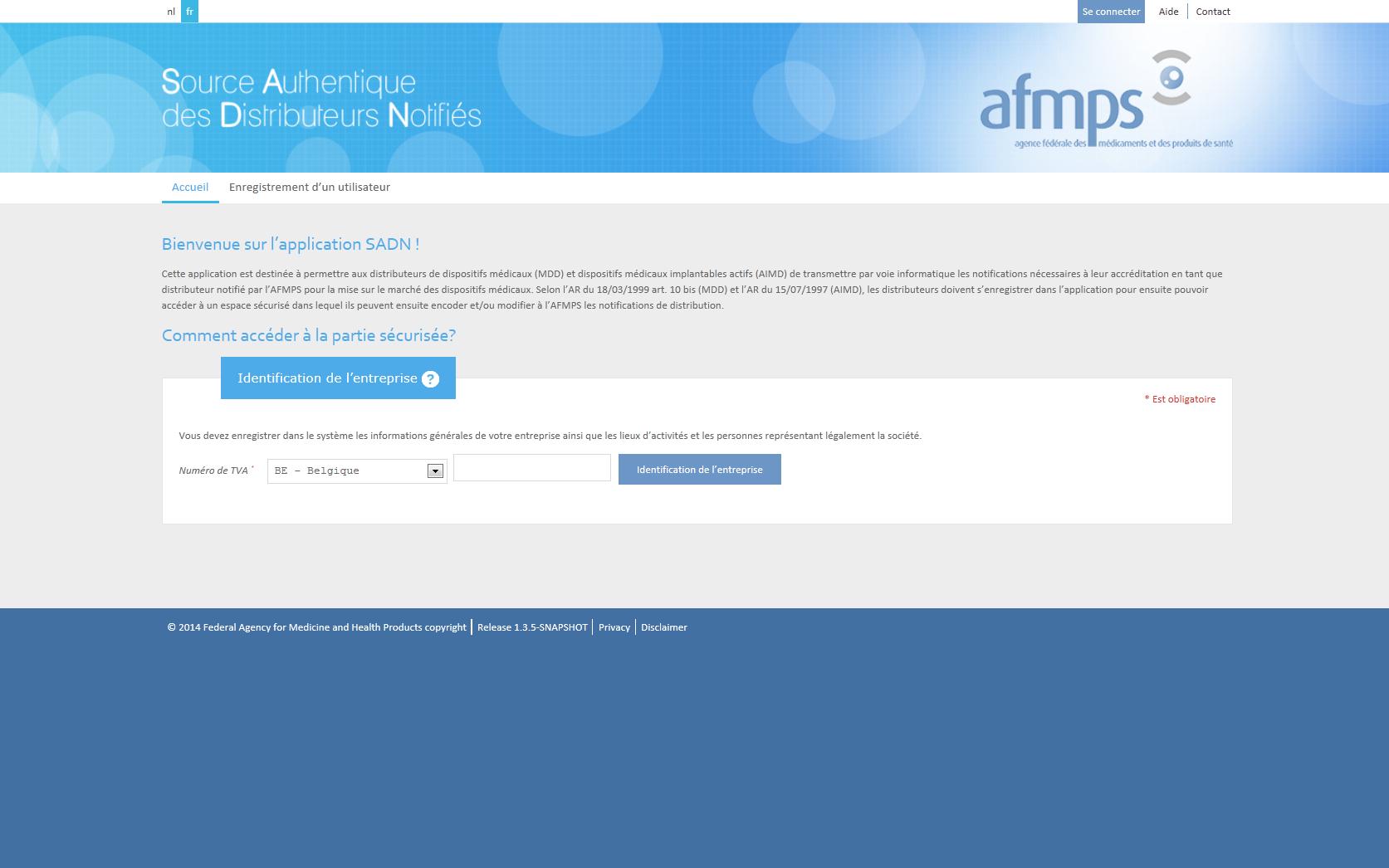
Insisto
2013 - 2015, developer at SmalsInsisto is a great initiative from the Flemish government to streamline youth care management.
Youth care in Flanders is organized at several levels, by several instances. Insisto is web application which makes all information accessible and transparant for all these parties.
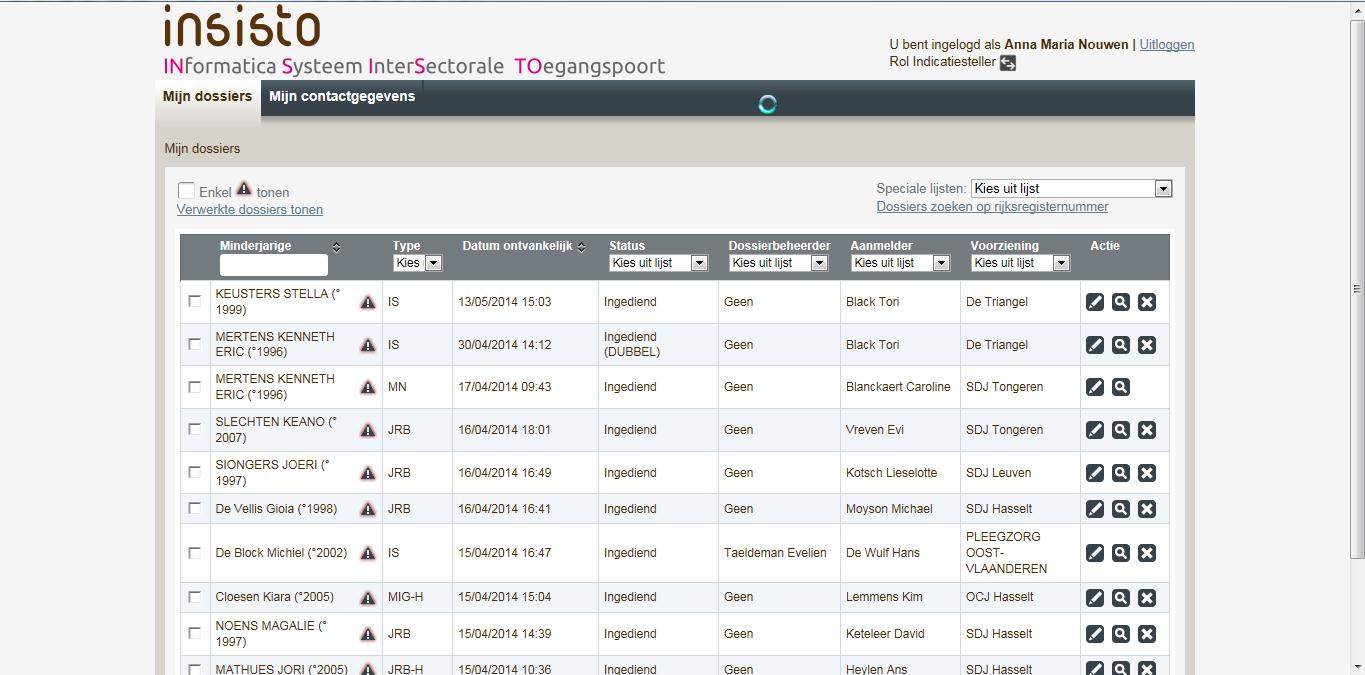
Management of special proxies
2013, intern developer at VDK SpaarbankI did an intership of 3 months at VDK Spaarbank (Savings Bank). At the IT department, I built a Silverlight application that uses a 3-tier back-end.
My task was to build an easy-to-use application with which such special rules can be set up. I could count on the support of great colleagues, which made it a great internship.

Keywi
2010 - 2014, developer at Virtual IgnitionFor a startup company, I've helped developing and integrating Keywi.
This is a little box that allows cars to be opened with your smartphone. This helps sharing your car, which would lead to having less cars in the world!

Tapazz
2010 - 2014, lead developer, designer at Virtual IgnitionOn average a car is only used less than 2 out of the 24 hours a day. By renting your car when you don’t need it, you’re able to save a lot of money. In this way you won’t only earn some money with your stationed car but you also take care of the environment.

Heritage Bank Herzele
2013, developer, designer at The city of HerzeleThe city Herzele asked the students Applied Informatics to build a site on which people could find all the beautiful heritage Herzele has to offer. The content on that site must be easily modifyable with an back-end Java application. The best work would be selected as the official website.
And guess who won! :D
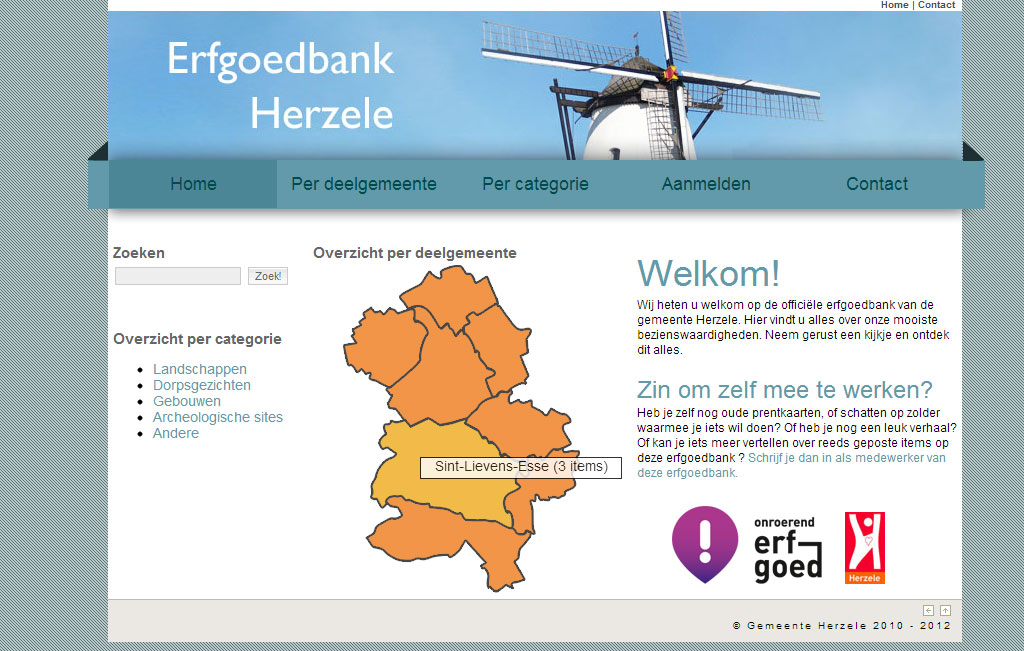
Labs
This portfolio
2023 - 2024A personal portfolio that is super-simple to maintain, using as little code as possible and providing all contents via YAML and Markdown files. All this wrapped in a minimilastic design. And the best part? I'm having a blast experimenting with SvelteKit while doing this!

Wedding
2023We're tying the knot! Being a developer, I couldn't resist the urge to add a tech twist to our wedding preparations. So, we're sending out our invitations uniquely - as QR codes! Simply scan to RSVP on our specially designed website. This also gives me the perfect opportunity to experiment with some React, Parcel, and Nest. Let the coding and celebrations begin!"

Birthlist
2021I'm thrilled to announce that I've become the proud father of Tibo. While many opt for a single store to manage their birth list, we decided to take a different route. I'm excited to create a more personalized birth list myself, allowing us to shop at different stores.
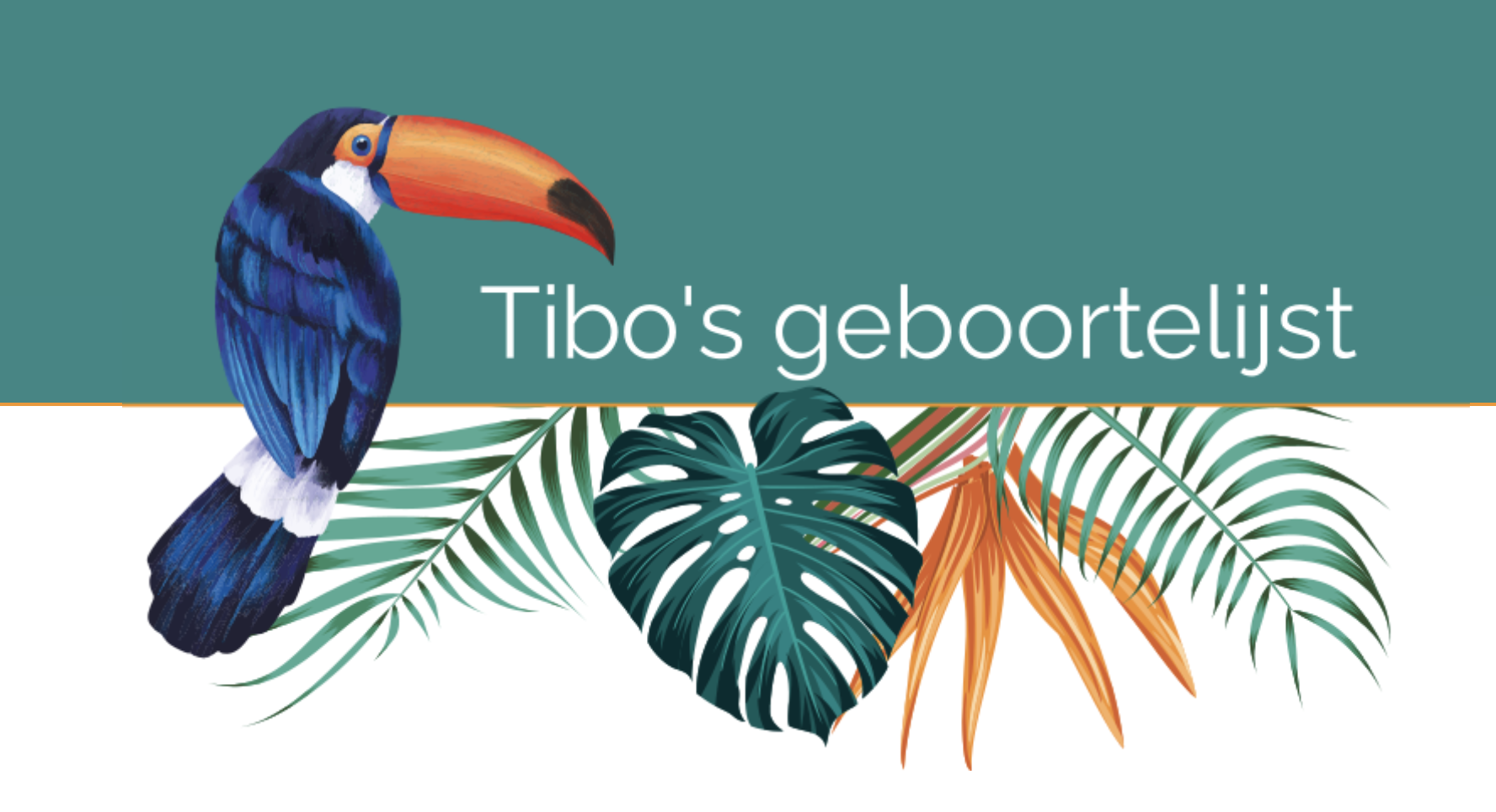
Portal
2018 - nowJumping on the microservices craze (which allows me to experiment with all kinds of technologies), I've built a personal portal. It's helping me simplify my life. Or at least, that's the purpose :)

Unitils Selenium Extension
2014, developerAt the time, Unitils was an awesome Java framework that simplifies writing automated tests.
I wrote an extension on unitils-selenium to make it possible to record Selenium tests as video files.

Nostalgia
2010 - now, developer, designerI've been fascinated by computers for as long as I can remember. Out of nostalgia, I like to keep some older stuff around.

Studies and trainings
Kafka deep dive
2024 at Cloud Guru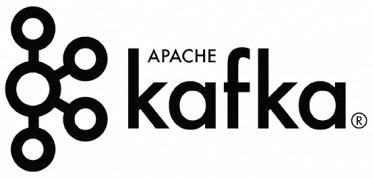
Certified Kubernetes Application Developer
2023 at The Linux Foundation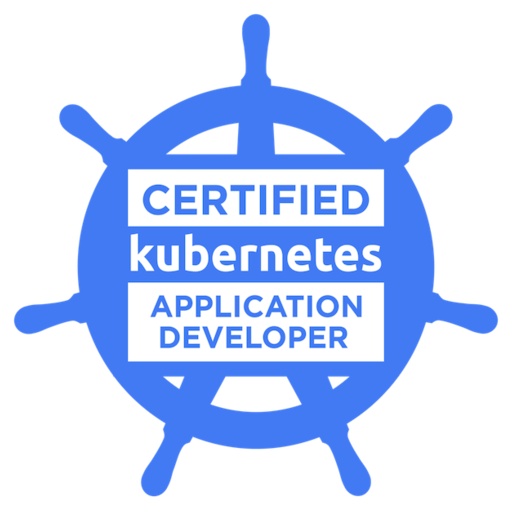
Software Architecture: Principles and Practices
2019 at Software Engineering Institute Carnegie Mellon UniversityThis course introduces the essential concepts of software architecture. A software architecture is an abstract view of a software system distinct from the details of implementation, algorithms, and data representation. Architecture is, increasingly, a crucial part of a software organization's business strategy.

Coaching and leading a team
2016 - 2018 at CevoraMulti-day trainings about the basics of leading a team, and how to deal with conflict situations

SOA Certified Professional
2017 at Arcitura
SCRUM, Kanban and SAFe
2016 at Realdolmen
Teambinding for ICT-teams
2015 at CevoraRead people and react intelligently with the aid of the Insights-framework.
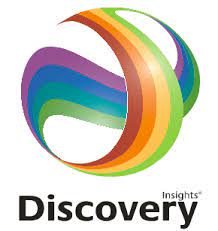
Oracle Certified Expert, Java EE 6 Java Persistence API Developer
2015 at Oracle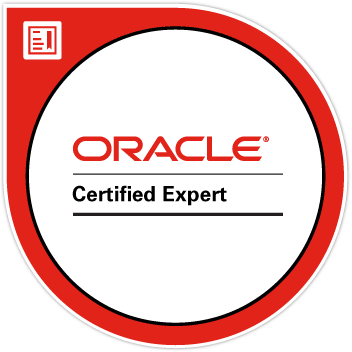
Web application security
2014 at SAIAn introduction to the basic security measures in order to not only build a great web application, but also a safe one.

Oracle Certified Professional, Java SE 7 Programmer
2014 at Oracle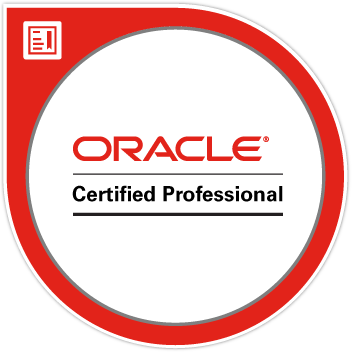
Oracle Certified Professional, Java SE 7 Associate
2013 at Oracle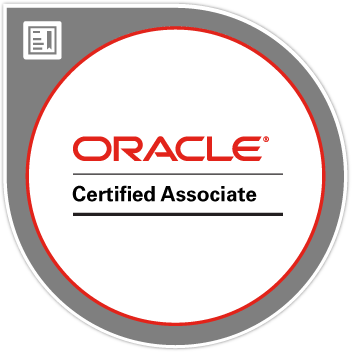
The Realdolmen Java AcADDemICT-traject
2013 at RealdolmenThis Java developer training program, spanning at least ten weeks, equips participants with essential technical skills for efficiency. It covers JavaEE, Spring, JPA, Hibernate, EJB, JSF, Web Services, and more, taught by seasoned consultants actively using these technologies in their projects.
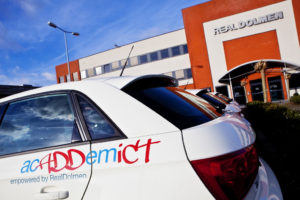
Thesis
2013 at HoGentStart-ups in the IT-world: the lean start-up method

Bachelor's degree Applied Informatics
2010 - 2013 at HoGent
Blogposts
Make sense of your logs with Elastic Search - part 5: be a data wizard with Kibana
2019-04-20We mapped our log lines to useful fields. Now, it's time to deliver: let's visualize our data with Kibana. At the end of the road, we'll be able to search through our logs, discover new connections by visualizing data and... finally make sense of your logs.
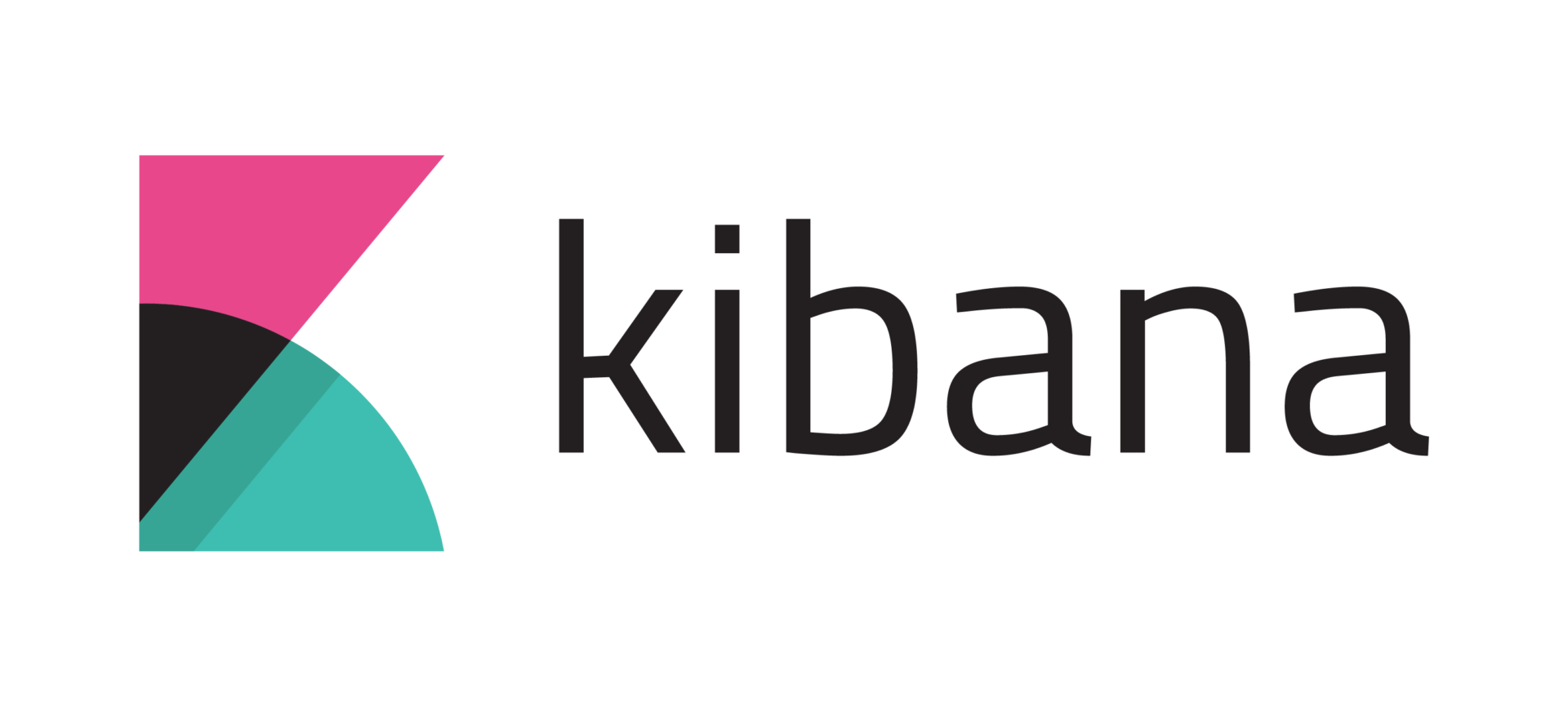
Make sense of your logs with Elastic Search - part 4: mapping log lines to useful data with Logstash
2019-04-13In the previous part, we've set up the first component in the process: Filebeat. This component sends all the log lines to Logstash. We will now configure Logstash to interpret the log lines and map it to useful, searchable, filterable and groupable data.
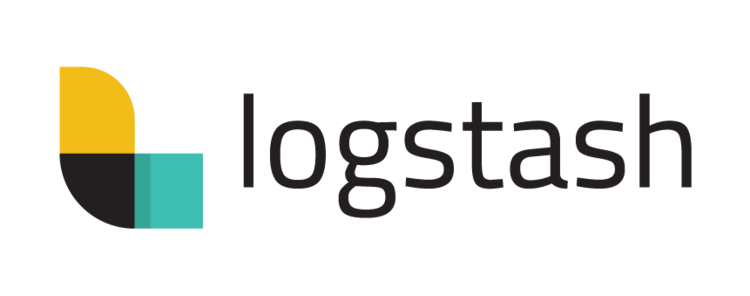
Make sense of your logs with Elastic Search - part 3: reading log lines with Filebeat
2019-04-06In the previous parts of this series, we've discovered what Elastic Search is and how it can help us analyzing our logs.
In the previous part, we've downloaded and installed the necessary software. Now, the time has come to configure the components, starting with: Filebeat.
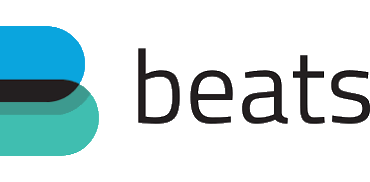
Make sense of your logs with Elastic Search - part 2: what is Elastic Search?
2019-03-30Ok! Hopefully we're now at a point where we have logs with timestamps, tons of information, all structured in a recognizable way.
Let's now pump our logs in an Elastic Search database, so that we can start searching, filtering, distilling information out of them!
Elastic Search, work your magic please! Right?
Make sense of your logs with Elastic Search - part 1: tips to improve your logs
2019-03-14In my current project, when something goes wrong, we have trouble finding out what and where exactly.
Why? Can't we just see what happens in the logs?
Yeah… but with great effort… We have several issues making sense of our logs.
In this article, I'll demonstrate how Elastic Search can help us to address these needs.

Building an app for my grandmother: barriers and solutions
2019-02-10One of my grandmothers has difficulties hearing. Doing phone calls has become impossible, even with adapted phones that yell in your ear.
To avoid losing contact, we've tried to teach her how use send texts over sms. This wasn't a great success: the keyboard confused her, there were too many steps, too many buttons: it went wrong easily.
Hell, I'm a developer. I surely can come up with an appropriate solution, right? I've got an old Samsung Galaxy S5 lying around that my grandmother can use... so let's develop an easy mail app!
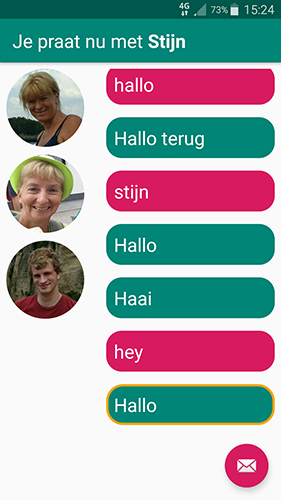
Help! An unremovable Docker network!
2018-09-07Due to disk space problems, I've experienced a weird issue which causes a network to become unremovable. This is how I've solved it...

Want to save a failing project? Be positive!
2018-02-08In my few years as consultant software developer, I've been in great projects. Some went exactly as planned, smooth as a whistle. Others went completely wrong, rendering the team and myself stressed or even furious.
I've had the luck - yes, luck - to start in a big project that was completely failing. Every day, we were struggling with what had to be delivered, an enormous list of bugs that needed to be fixed, and the constant updates that we needed to release. Working late nights were no exception.
"How can we ever save this project?", was the big question. Serious change was needed, but there was no time, no money, no environment to support it. What to do?

Experiments with Arquillian on Wildfly
2017-11-11For my current project, the need for deep integration tests rises.
A few years ago, there was a lot of buzz about Arquillian, a framework that let's you setup Integration tests for a Java EE environment.
Basically: It lets you run JUnit tests on a server. This allows you to create realistic integration tests.
Now that the framework has matured, let's experiment with the Arquillian test framework! I want to see what it can and cannot do.

Best practices in open source projects
2017-05-23How can you collaborate when you don't have any guarantees about the members of the team, their availability, their goals or their deadlines?
Being dependent on open source software is a risk. You can lower the risk by following best-practices. In this article, I try to define the most important practices.

Make your Primefaces app load faster with lazy loading
2014-08-14Every web developer has experienced this before: the client wants to show "almost everything" on the same page, but is very unhappy when he opens the site and has to look at a blank page for more than a couple of seconds.
Nowadays, developers have the means to optimize a lot (and fix everything that broke in the process), but we still cannot cast a magic “load superfast” spell and get rid of all loading time. Can we do more?
